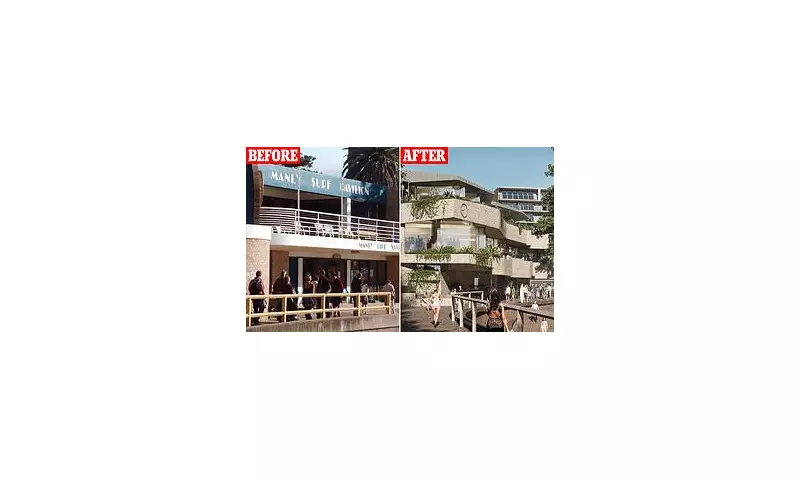
In a bold response to Australia's growing male mental health crisis, the historic Manly Surf Club in Sydney's northern beaches has unveiled a groundbreaking initiative aimed at rebuilding male camaraderie and combating modern isolation.
The Brotherhood Solution
The club's controversial 'Masculinity Blueprint' seeks to revive traditional male spaces where men can forge genuine connections away from digital distractions. Club president Tim Kempton explains the urgent need: "We're seeing generations of men becoming increasingly disconnected. The local pub, the workplace, even community clubs - these traditional male gathering spaces are disappearing."
More Than Just Surf Rescue
While renowned for its surf lifesaving heritage, the 116-year-old institution is expanding its mission to address what experts call a 'silent epidemic' of male loneliness. The programme includes structured mentorship pairings, skills-sharing workshops, and regular social events designed to foster organic friendships.
Key components of the initiative include:
- Intergenerational mentorship programmes pairing older members with younger men
- Practical skills workshops from woodworking to financial literacy
- Regular social events without digital devices
- Mental health first aid training for members
Addressing the Statistics
The move comes as alarming data reveals Australian men are particularly vulnerable to isolation, with suicide remaining the leading cause of death for men under 45. Social researchers have praised the club's approach as addressing root causes rather than symptoms.
Psychology researcher Dr. Michael Chen notes: "What makes this initiative remarkable is its recognition that male friendship often forms around shared activities and purposes. It's not about talking for talking's sake - it's about doing together."
Community Response
Early participants report significant benefits, with many describing the programme as "life-changing" and "exactly what they didn't know they needed." The club plans to expand the initiative if successful, potentially creating a template for other community organisations nationwide.
As Kempton reflects: "We're not trying to turn back the clock. We're trying to take what worked from the past and adapt it for modern challenges. Sometimes the best solutions are the simplest ones - giving men spaces to connect as men."





